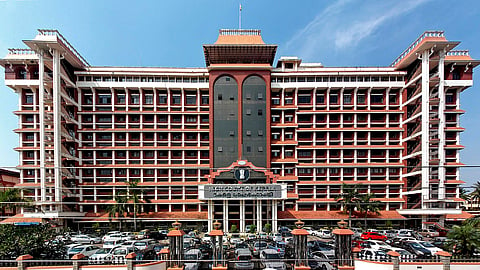Relying on previous rulings, the court observed that when a person is accused of causing damage to public property, including hospital property, they should be required to deposit an amount equal to or greater than the value of the destruction as a bail condition. Justice Kunhikrishnan applied this principle to the present case, directing the accused to deposit Rs 10,000. If found guilty, this amount could be used for compensation or fines, and if acquitted, it would be refunded.
Moreover, the court recommended that the legislature consider adding this bail condition to the 2012 Act. It also instructed the Registry to send a copy of the order to the Chief Secretary of Kerala for appropriate action.
(Input from various sources)
(Rehash/Sai Sindhuja K/MSM)


